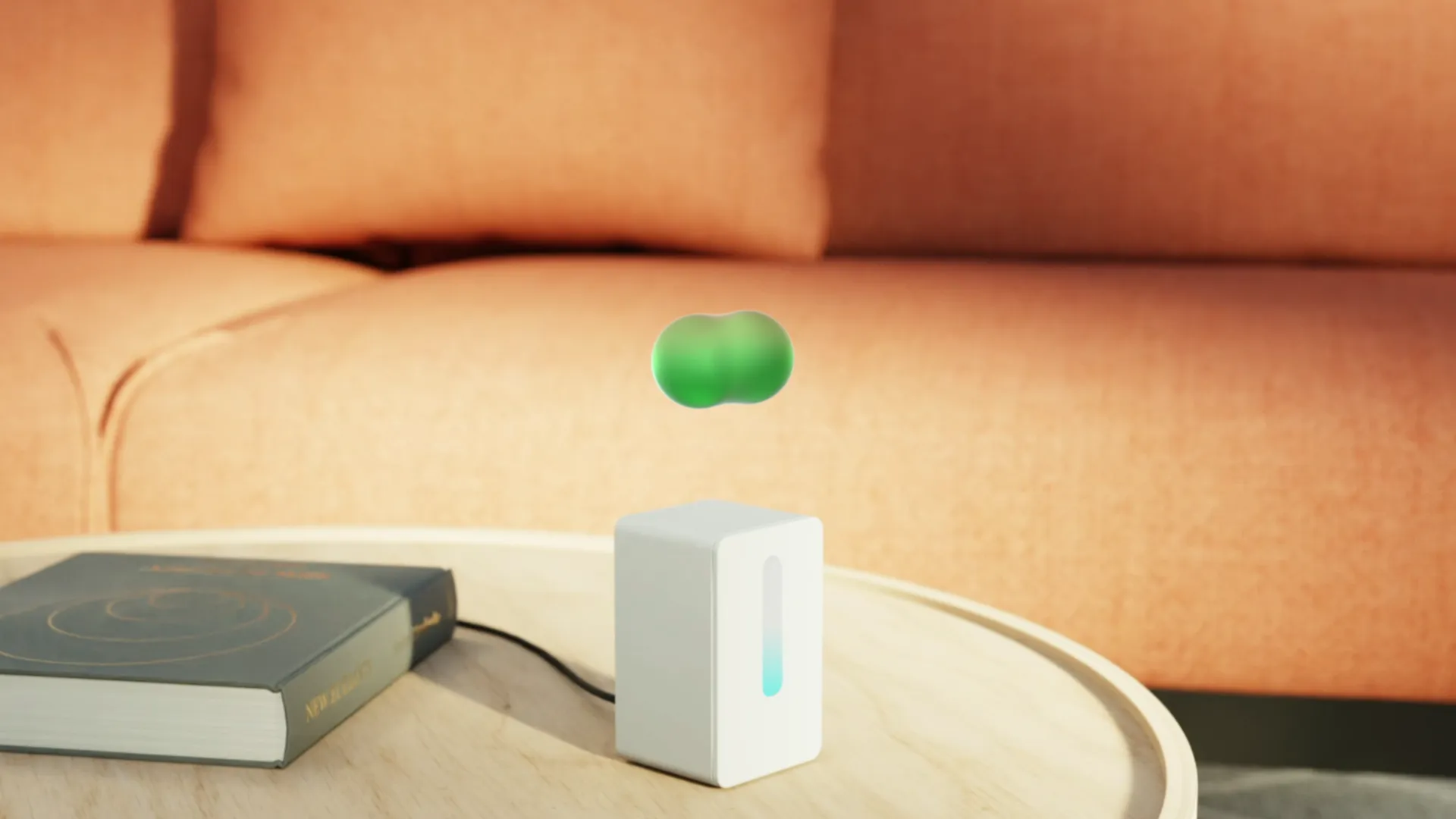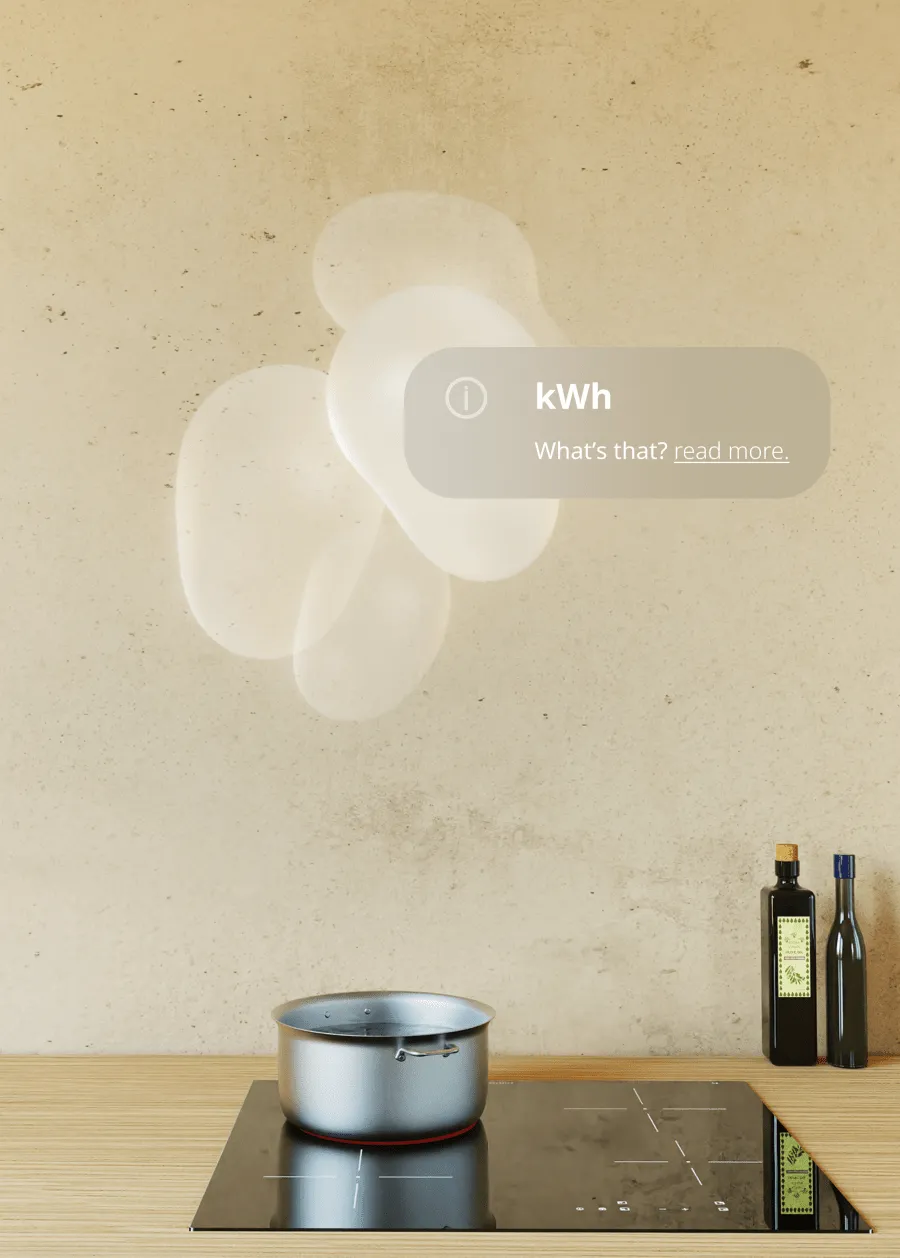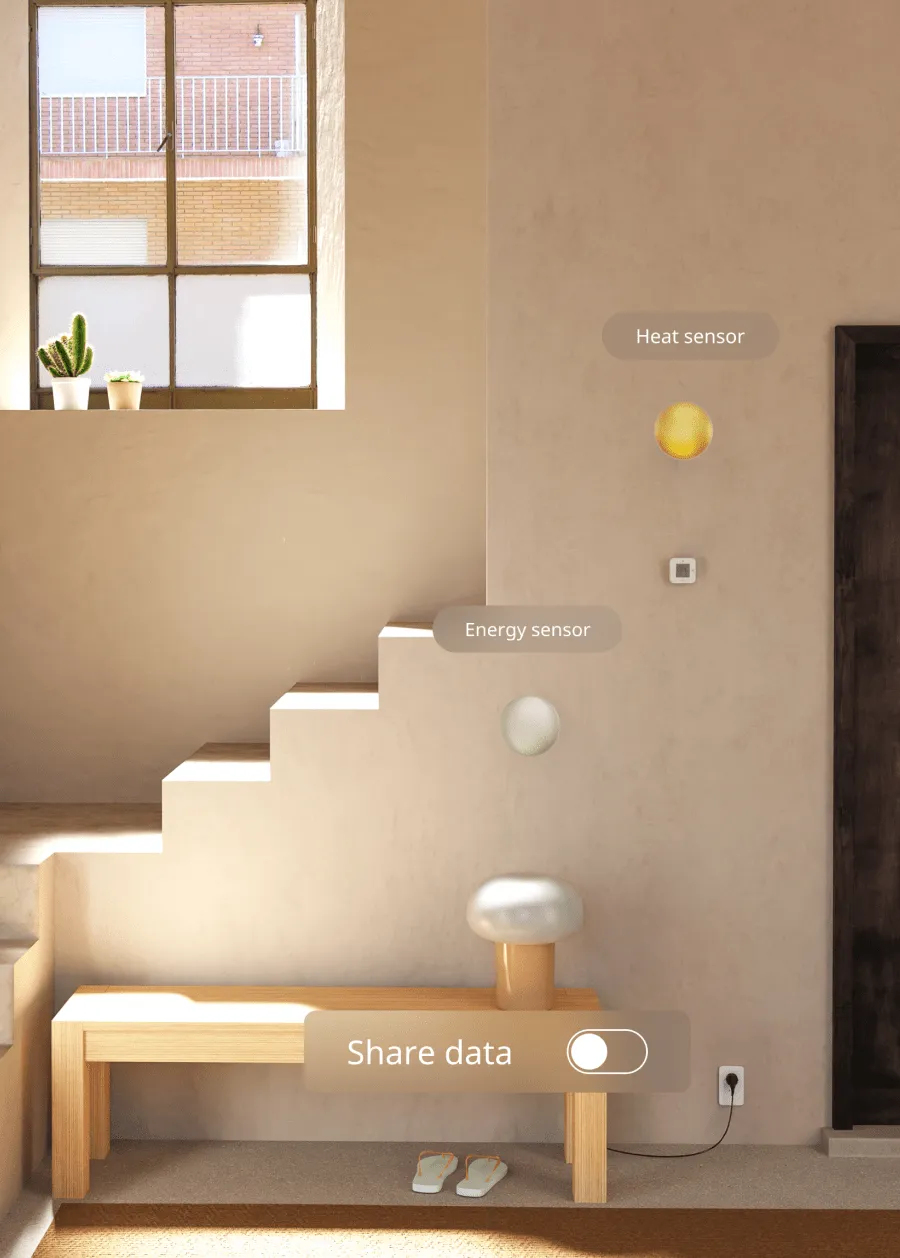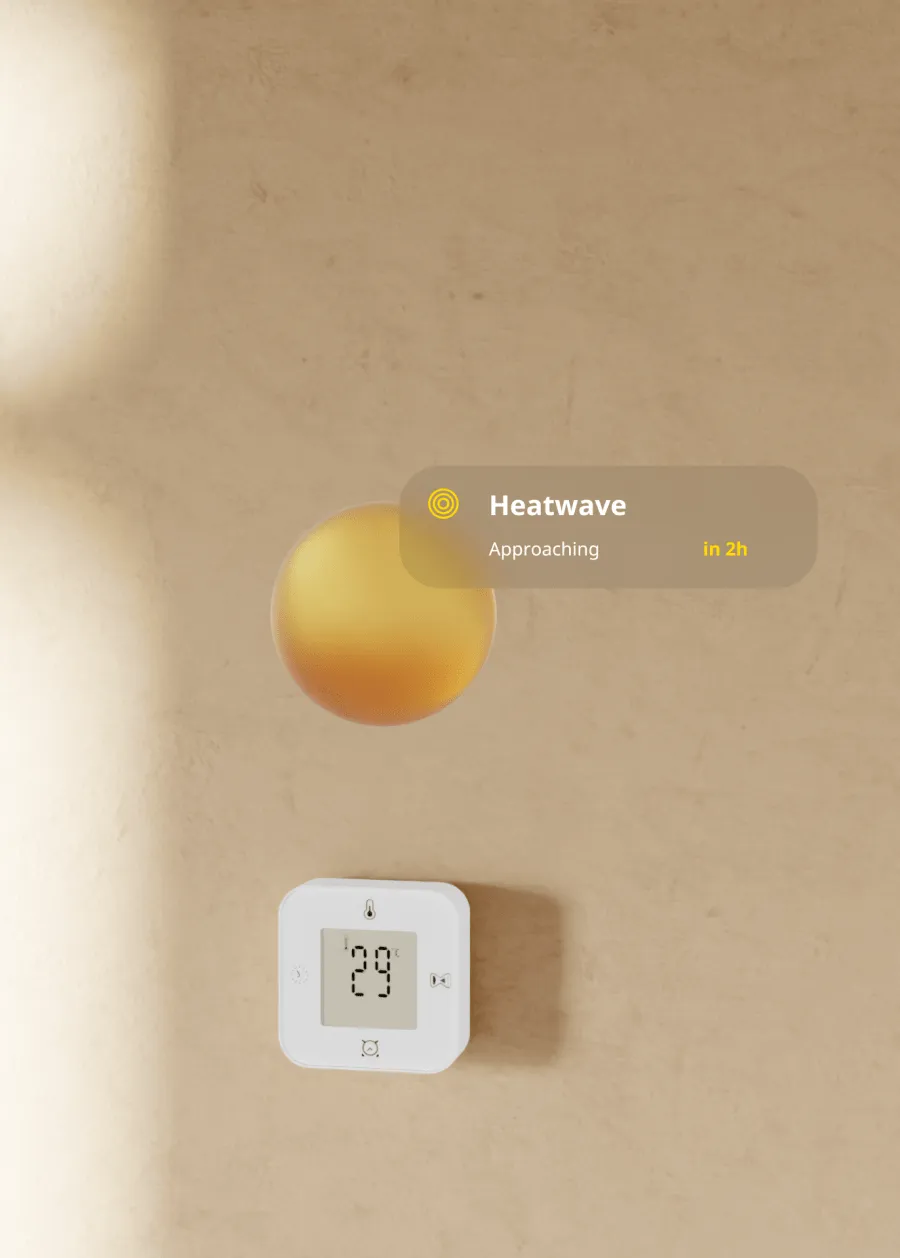

In order to predict how climate change will impact specific locations, it is important to analyze and correlate data as indicators. Especially in the global south, data collection restores an unequal picture of climate change on the basis of data gathering capabilities. If a country or region insufficiently collects data, the implications of climate change on this region become harder to predict. Without regenerative and accessible data points these predictions distort our understanding of local challenges, social mechanisms and even ecosystems.
With the use of resources comes the responsibility to utilize them for the community.
We believe that assistant technologies and the reasoning behind our products at home must move from convenience to impact. In doing so, new technologies should continue to protect us and improve our quality of life.
Read the article
Climate Nodes as an automated home system encourages people in sharing data as sensors embedded in home devices like; air purifiers, water taps, washing machines or lighting systems can be utilized. What if your tap could warn you of increasingly poor water quality? Could your home notify you of impending heat waves or water shortages? What if city-planners could use local temperature data to enforce new urban greening in affected areas? Climate Nodes envisions how smart home systems could be used as an interface to generate regenerative datasets for climate research. Thus providing an additional layer to automated home systems by empowering and encouraging people in sharing data sets with scientific institutions.
Our home should not only be efficient, but also sufficient, which means that home sensors can generate not only individual but also planetary benefits.
For people to be comfortable providing sensitive data about their homes, they should know what, why, and whom they are sharing data with, and how it will improve their own lives or support their community.
Imagine if we could set up an open platform that allows smart home devices to interact so that everyone can contribute to environmental science. The more data we collect, the more accurate and insightful the models will be, leading to more precise recommendations. By using data, we can build a vivid and comprehensive picture of our environment, our homes, and our daily lives.


Concept and Art Direction
Anna Schaeffner
WINT Design Lab
CGI
Leon Laskwoski
WINT Design Lab
Assistant
Finn Hübbe